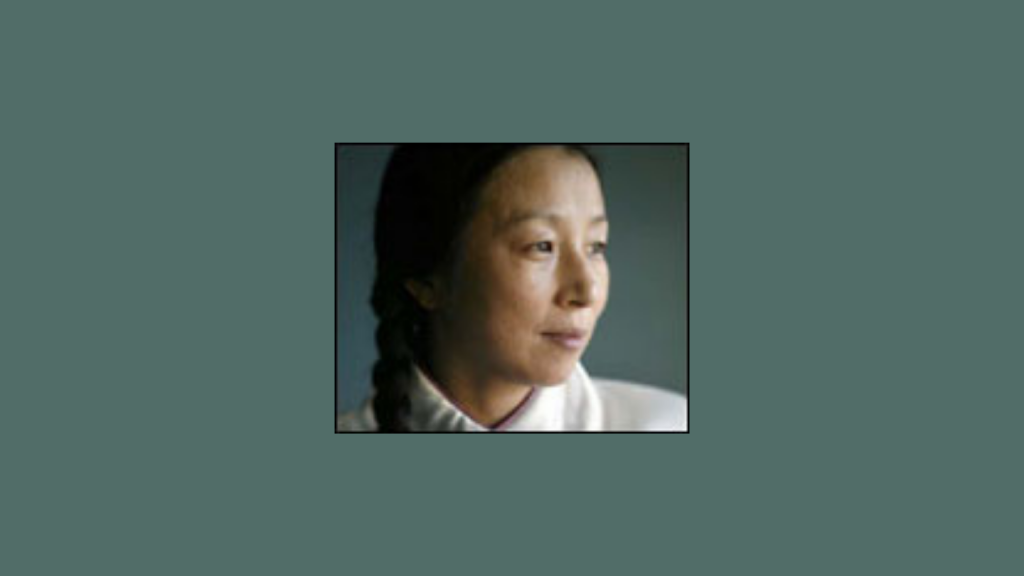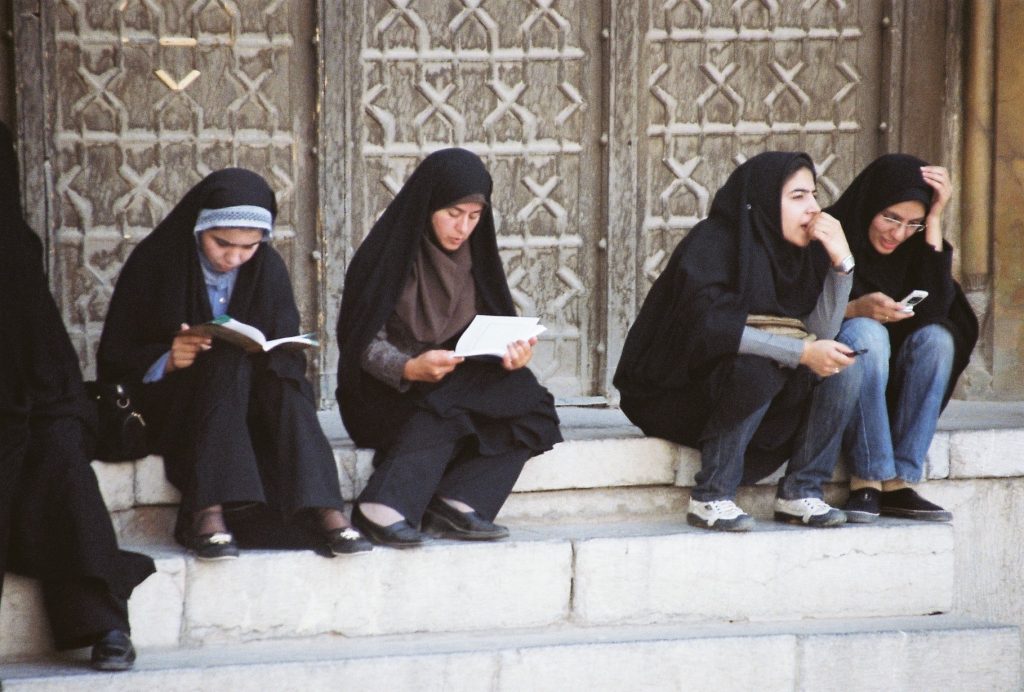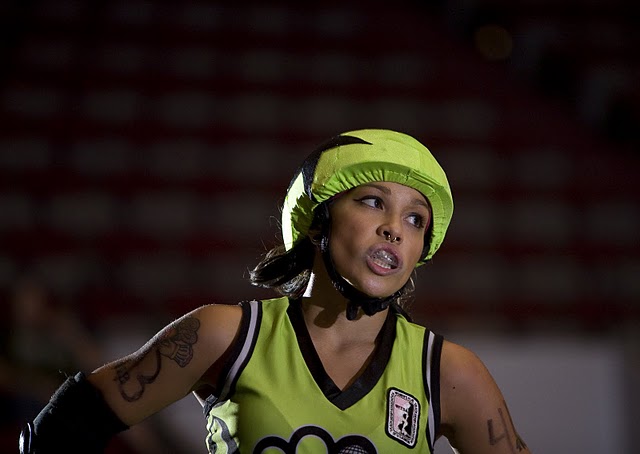The river foams like mad from last night’s storm.
I scull along the sandstone cliffs, the only gorge for the entire Mississippi.
Every dawn, I row ten thousand meters through the Twin Cities, my daily meditation with eagles, turtles, fox, sky, and water, along the National Park.
The river runs fast. Driftwoods float by, bottles, cans, plastic bags, cushions.
My blade hits something. The handle jumps out of my hand. My boat tips to the right, and suddenly I’m in the river.
The current is fast, rushing towards the Ford dam. I have 3 minutes to flip the boat over, get my ass back on, and row away from the fall off, all the while treading the river.
No one is around. It’s almost impossible to get back to a single scull alone.
My other option is to swim and push the boat to the shore.
I hang onto the bow. “Never ever let go of your boat. It’s your lifeline!” is the first thing my coach barked at me. Rowers can’t row wearing lifejackets. When they flip, they’re on their own saving themselves, unless there’s a coach boat nearby.
My boat spins. Something hits the stern, big and weighty, then hits my temple, sharp. I turn. A giant carp, belly up, fins stretching like paddles, its stench choking my breath. I almost lose my grip on the boat. In its open jaw, a hook deep in its throat, fish line entangled around its teeth, its body tattered like a battle flag, its white eyes staring at me.
I try to get away from the death stare and stink. But the fish is lodged between my boat and oar. We’re locked together, spinning in the whirlpool of the Mississippi.
I have only three minutes to swim and push the boat to the shore. But I’m frozen.
The stench flashfloods my memory of the Cultural Revolution.
A rotting fish hung around my mother’s neck and mine.
We were on a truck, paraded through the cobblestone streets on the East China Sea island. Our hair was freshly cut in yin yang style–阴阳头, half white from a clean shave, half black with hair. This public shaming was the most “severe disciplinary action” for those who refused to obey the Red Guards’ order, who read “poison weeds”—books other than Mao’s Little Red Book.
The fish banged on the cardboards around our necks: Big Beauty Snake (my mother was the island’s beauty queen), Little Poison Weed (8-year-old ugly me). Our hair and clothes were covered with spit, our faces bruised by rocks from the crowd.
My mother looked more dead than the fish around her neck. Her eyes closed shut, her ashen face blackened with ink. The girl Red Guards had written slogans on her cheeks with brushes, but sweat and tears had washed away the ugly words. Her knees bent. She would have collapsed on the truck bed if not for the two girls propping her up.
As a pianist, singer, dancer, and music teacher, my mother took great pride in her image, especially in public. Now shame and death were carved on her face.
I was too shocked to cry, too guilty to look at my mother. This was all my fault.
Sixteen months ago, I unearthed a box of banned books mother had buried under the chicken coop. I formed an underground book club with the treasure, exchanging books secretly with members. Mother caught me and burnt them, but I still had a few books hidden away. Finally, I got caught while reading Dead Souls in the woods. It led them to my other books: Romeo and Juliet, Call of the Wild, Dreams of the Red Chamber—all of them had mother’s signature. The Red Guards arrested us.
Everything had been a blur after that. I remember the sleepless night on the school’s concrete floor where Mother taught music and dance, listening to her weeping over mosquito buzzing in the corner. I remember the dawn breaking into the barbed window, then the Red Guards dragging us onto the truck, the mid-summer sun scorching my half-shaven scalp, setting my brain on fire. I remember the noises: jeering, laughing, shouting, drumming, exploding… A girl lit a red string of firecrackers and threw it at me. I dodged. It exploded at my ear. Suddenly everything became mute, and my hearing and sense of direction were no longer the same.
The two girls were kicking my mother to make her stand taller. I grabbed them to make them stop. They looked up, and my mouth dropped. They were mother’s adoring students, had come to our house once a week to study accordion and piano with her. I remember being jealous because I had been longing to learn those instruments, any instrument, to make beautiful sounds. Mother was so pleased with their progress, told me to make dinner for them every time they came: yellow croakers soup with pickles, dumplings, eggs, all the precious, rationed food that took me hours standing in line to purchase on the market. I remember how they enjoyed every morsel and how pretty and grateful they looked as they sang while mother played accordion or vice versa. Now their eyes gleamed with a vicious light as they grabbed mother’s hair and lifted her face to show the cheering crowd.
I remember asking why this was happening, why the girls beat her up like this when we were back to the school prison. Have they forgotten the Chinese saying: Once a teacher, forever your parent? How are they going to face mother again, ever?
I remember silence. Mother’s face turned to the wall as she lay on the concrete, death written all over her back.
I remember the terror of losing her forever. So many teachers, scholars, poets, and artists hanged themselves, jumped off buildings or drowned in the sea since the madness began. I remember searching every corner of the room, making sure there was no rope, no sharp object. I remember keeping myself awake to watch her through the long nights.
No, I don’t remember. I have buried the memories, all these years, except for my heart, beating like crazy every time I hear a firecracker, my breathing ceased from the inaudible shouting and scolding every time I see a crowd, every time I attend the all-faculty meetings at noon on Tuesday. I hate meetings. I hate crowds. But I couldn’t tell Provost why. I have no words to explain myself.
“You want a promotion, show up at the damn meetings,” she said.
“Why are you here,” I ask the carp.
The fish looks me in the eyes, its mouth wide open as if laughing, the hook so deep in the throat it’s impossible to untangle.
Despite its tattered body, I recognize her: 草鱼 grass carp, the most treasured symbol in China for 5000 years, as good luck, perseverance, beauty, bravery, power, persistence. It offers its body as the abundance and delicacy. It offers its beauty as koi, goldfish. It offers its dragon spirit by jumping over the impossible cliffs, waterfalls. Yet, in America, she’s vilified in every possible way. The only words for her are invasion, problem, take over, undesirable, inedible, ugly. The government spends billions of dollars to eradicate her, kill her, electrify her, hunt her, trap her, mass murder her, feed her to dogs and cats.
Since January 2019, I’ve been this fish, trapped, lured into, hunted down; lead hooks deep in my mouth, lungs, heart, livers, hands squeezing around my throat as knife cuts along the spine, flaying the meat, smiling blue eyes watch me drown, dry-drowning, my lungs gasping for oxygen, but only rumor, poison, lies, and false allegations pour in, as alveoli collapse sac by sac, as my body thrashes in agony in the lily hand that writes dozens of “thank you for saving my life for making me a good poet and a good writer” notes. The bloody hand records how much time I spend workshopping each student’s poem as evidence of how I play favoritism, how I manipulate their emotion with poetry to feed the Machine that just wants to crush, eradicate, kill at any cost.
My friends ask: why can’t you at least pretend to be quiet, obedient, beautiful, like a koi? Why can’t you say: “I’ll do whatever you want” to your colleagues and admins, even if you don’t mean it.
But I can’t be a koi or a golden fish. I can’t be a pet fish, kept in a tank or pond. It’s a death sentence.
My son came home with fires in his eyes. “How could they smear you like this after you fed them, taught them, cared for them since I was born? I was jealous that you gave them more time than me…how dare they do this?”
I heard my own voice asking my mother the same questions. I heard myself telling my son: “Would it make you feel better if I tell you that none of them actually took my class?”
A student called me on my birthday, wailing: “You’re going to die, Ping, and it’s not fair you give us your flesh and blood, and we were escorted to tell lies to kill you. Not fair you have to be removed because you can’t be controlled. You’re the only woman of color teaching poetry at your rank in the nation. You’re the only one who makes people like us feel welcome. Not fair they treat you like a criminal, an animal. This is worse than the Cultural Revolution…”
I had to hang up gently. I had no words to appease him. I want to laugh but don’t know how. I’m proud of being called “animal” because that is who I am: a stubborn, untamable carp, a duck that forgets to come home from exploration and gets a whack in the butt. But why does my heart race like mad when an email arrives from the admins?
Until now, face to face with this carp, hook in its mouth, horror from the interior.
I asked mother the same question: “How could they shame you like this after you gave them everything you had? What am I going to do if you die?” I wanted to tell her about my jealousy, about my wish to learn the things she had taught those students who were beating, spitting, stomping on her.
After a long silence, mother said, “I would have done the same again if I have a choice. No, I don’t have a choice. Teaching is a calling. You go in and give your whole being, no matter what. If you can’t, then you do something else.”
She looked at me with her bleeding eyes. “You’ll do the same thing, child. You’ll bring out light from people. You’ll be whacked and knocked down, but you’ll stand up and do it all over again. You’re Ping. This is your story, the story of Ping.”
So Mother knows. So Heart knows. So Body knows, even though Mind is confused about the wild heartbeat, this sudden weak knee, this sinking stomach.
I’m so close to the dam. Another minute, it’ll be all over, this dry drowning, this agony, this smearing campaign. Sinking is easy. Let go. Just let go. It’ll be over in one minute, but my hands clench.
A giant deadwood rams into the boat, knocking the bow out of my fingers. I sink. My feet touch something sharp. Pain shoots through the soles to the apex of my head. I jolt, leap, swim. My head knocks into the boat. The boat rocks the oar. The oar hits the fish. The fish jumps as if coming alive, spitting out the hook, the puss, and worms from its inside. It untangles itself out of the snare and flows towards the dam, its white eyes saying good-bye and thank-you, its mouth laughing.
Suddenly I’m free from the spinning eddy.
I grab my boat, climb onto it, and paddle with my arms and legs like a frog, upriver.
“Never swim with the current, but against it, the only way to reach the shore,” said the coach.
I reach the bank just in time and flip the boat over. The dam is 100 feet away. I hear its roar as it drops off, laughing like a wild animal.
The carp is gone. Did it swim across the oceans, jump through dams and cliffs…
Just to live?
I left China 33 years ago to answer the yearning for freedom. I knew I’d not survive dictatorship with my love for thinking and speaking the truth. I found freedom in America, in academia, I thought.
But this is what I learned: all crows are black; all hooks catch lies and truths.
The carp showed up to teach me life through death. The deadwood showed up to teach me how to let go. Only by sinking to the bottom could I untangle from the snare and leap into the light.
I don’t have a choice. I do have a choice, as a living witness of Mao and Trump eras, to tell the truth. Truth is the hook in my mouth, the knife that flays my flesh that also flays the tormentors’ souls. Truth reveals the rotting interior, before beauty is born.
The sun comes up, shining into my eyes. I start laughing. Minihaha. Laughing river.
An eagle flies over my head, dropping its tail feather in my boat.
The wind blows, pushing me upstream.
A carp leaps out of the water, its tail splashing the Mississippi, water splashing the sky, making a rainbow over the dam that turns the silver carp into a golden dragon.
So this is the legend of 鲤鱼跳龙门: carp jumping over the dragon gate.
So there is life after the dam.
“There’s life outside academia, Ping, and it’s just as beautiful and exciting, if not more,” a friend told me during the Moth performance on the stage of Lincoln Center.
Keep going, Ping. There’s a purpose for all the sufferings. Pain is a boat that carries you to the shore, against the current, across the chasm. You chose to live on the edge of running water, to be a poet. So live like one.
I pick up my oar handles, slide, blades running parallel with the current, 3 inches above, wings in the sky, drop blades in, catch the river, drive, and the entire Mississippi runs with me, smooth like a carp, fierce like a carp, fast and powerful like a carp.
This is my life: live through Mao’s Cultural Revolution, live through Trump’s academia, as a witness, as a storyteller, as a poet, as a carp, as a duck, so the memory lives on, so we don’t forget, so we may get off from the wheel of karma, avoid flipping the same boat in the same river, over and over.
This is the story of a grass carp, no, the story of Ping, a wild duck from the Yangtze, no longer afraid to be whacked on the butt or head, to bring peace and love to the Mississippi, to all the rivers and mountains on earth.




